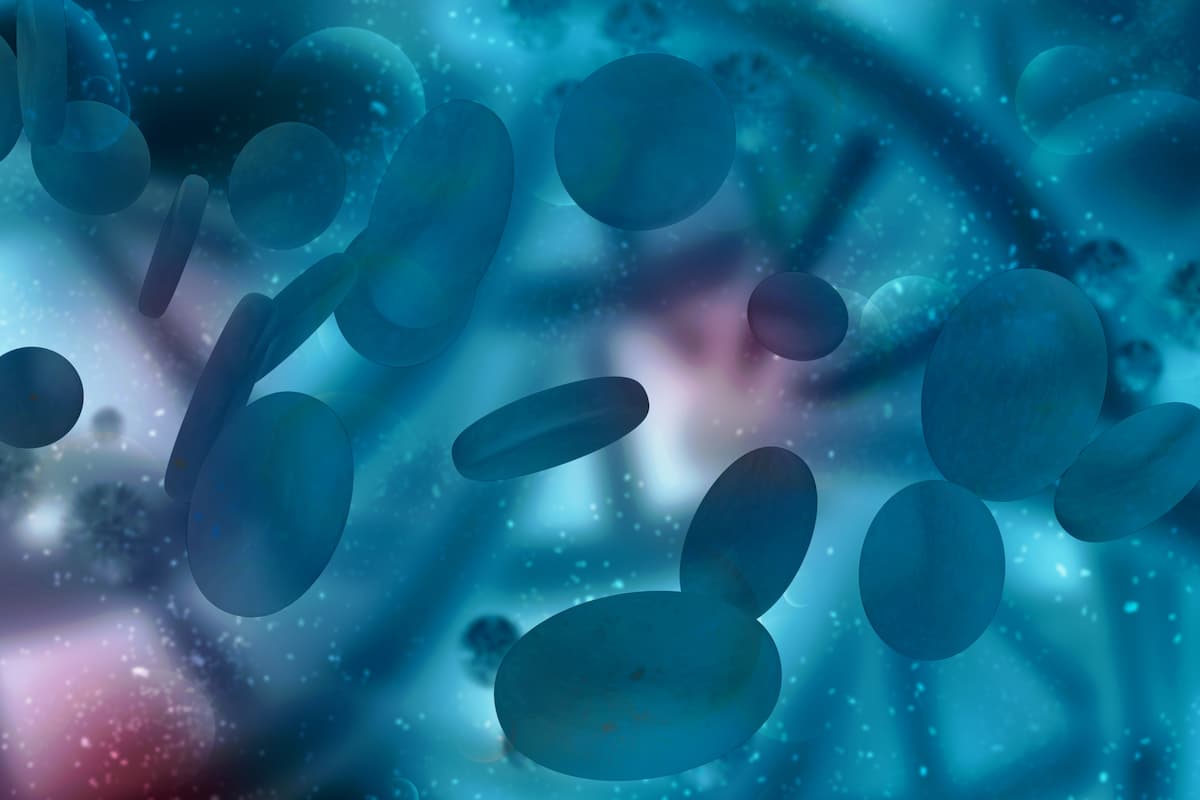FDA Pauses CART-ddBCMA Trial in Relapsed/Refractory Multiple Myeloma
Patients with relapsed or refractory multiple myeloma who have already undergone lymphodepletion are able to continue receiving treatment with CART-ddBCMA in the phase 2 IMMagine-1 trial.
CART-ddBCMA is a modified CAR T-cell therapy that targets BCMA, which manufacturers designed to specifically treat patients with relapsed or refractory multiple myeloma.

The FDA has placed a clinical hold on the phase 2 IMMagine-1 trial (NCT05396885) assessing the investigational CART-ddBCMA as a treatment for patients with relapsed or refractory multiple myeloma, according to a press release from Arcellx, Inc.1
The regulatory agency suspended the investigation on June 16 following a patient death, which trial investigators attributed to limitations of bridging therapy. Investigators are working with the agency to increase bridging therapy options for patients who are in accordance with current clinical procedures. Additionally, investigators are permitted to continue administering study treatment to patients who have already undergone lymphodepletion.
“The safety and well-being of patients enrolled in our studies is our top priority,” Rami Elghandour, chairman and chief executive officer at Arcellx, said in the press release. “We remain confident that CART-ddBCMA is a potential best-in-class therapy for the treatment of patients with [relapsed or refractory multiple myeloma] based on the clinical profile observed in the patients dosed to date across our studies.”
CART-ddBCMA is a modified CAR T-cell therapy that targets BCMA, which manufacturers designed to specifically treat patients with relapsed or refractory multiple myeloma.
In the open-label, multi-center, phase 2 iMMagine-1 trial, patients will receive a single dose of 115±10x106 CAR-positive CART-ddBCMA cells through an intravenous infusion.
The primary end point of the iMMagine-1 trial is overall response rate (ORR) per International Myeloma Working Group criteria. Secondary end points include stringent complete response (sCR) or CR rate, duration of response, the very good partial response (VGPR) rate and PR rate, time to initial response, progression-free survival, overall survival, and safety.
Patients 18 years and older with receipt of at least 3 prior lines of systemic therapy including a proteasome inhibitor, immunomodulatory drugs, and an anti-CD38 antibody for relapsed or refractory multiple myeloma are eligible for enrollment on the trial. Additional inclusion criteria include having an ECOG performance status of 0 or 1, a life expectancy of more than 12 weeks, adequate organ function, and resolution of adverse effects from any prior systemic therapy.
Patients with plasma cell leukemia or a history of plasma leukemia or solitary plasmacytomas without evidence of other measurable disease are unable to enroll on the trial. Patients are also unsuitable for enrollment if they have an allergy or hypersensitivity to the study drug components, contraindication to fludarabine or cyclophosphamide, severe or uncontrolled intercurrent illness or laboratory abnormalities, or active central nervous system malignancies.
Investigators previously shared data from a phase 1 expansion trial (NCT04155749) evaluating CART-ddBCMA among patients with relapsed or refractory multiple myeloma in December 2022.2
According to interim data, of 38 evaluable patients, the ORR was 100%, the stringent CR or CR rate was 71%, the VGPR rate was 18%, and the PR rate was 11% among patients receiving CART-ddBCMA. The median follow-up was 15 months. Additionally, investigators reported no tissue-targeted toxicities, no instances of grade 3 or higher cytokine release syndrome, and 1 instance of grade 3 immune effector cell-associated neurotoxicity syndrome.
“CART-ddBCMA continues to demonstrate deep responses,” study investigator Matthew J. Frigault, MD, assistant director of the Cellular Therapy Service at Massachusetts General Hospital and assistant professor of Medicine at Harvard Medical School, said in a press release at the time of the data announcement. “It is encouraging to see these clinical results with an autologous cell therapy, particularly in a population with high-risk features. Accessibility to treat multiple myeloma with CAR T therapy remains an issue.”
References
- Arcellx announces clinical hold for its IMMagine-1 phase 2 clinical program. News release. Arcellx, Inc. June 19, 2023. Accessed June 20, 2023. bit.ly/3NCXBKz
- Arcellx announces continued robust long-term responses from its CART-ddBCMA phase 1 expansion trial in patients with relapsed or refractory multiple myeloma and additional pipeline progress. News release. Arcellx, Inc. December 9, 2022. Accessed June 20, 2023. https://bit.ly/3Jj4fDp
Navigating AE Management for Cellular Therapy Across Hematologic Cancers
A panel of clinical pharmacists discussed strategies for mitigating toxicities across different multiple myeloma, lymphoma, and leukemia populations.